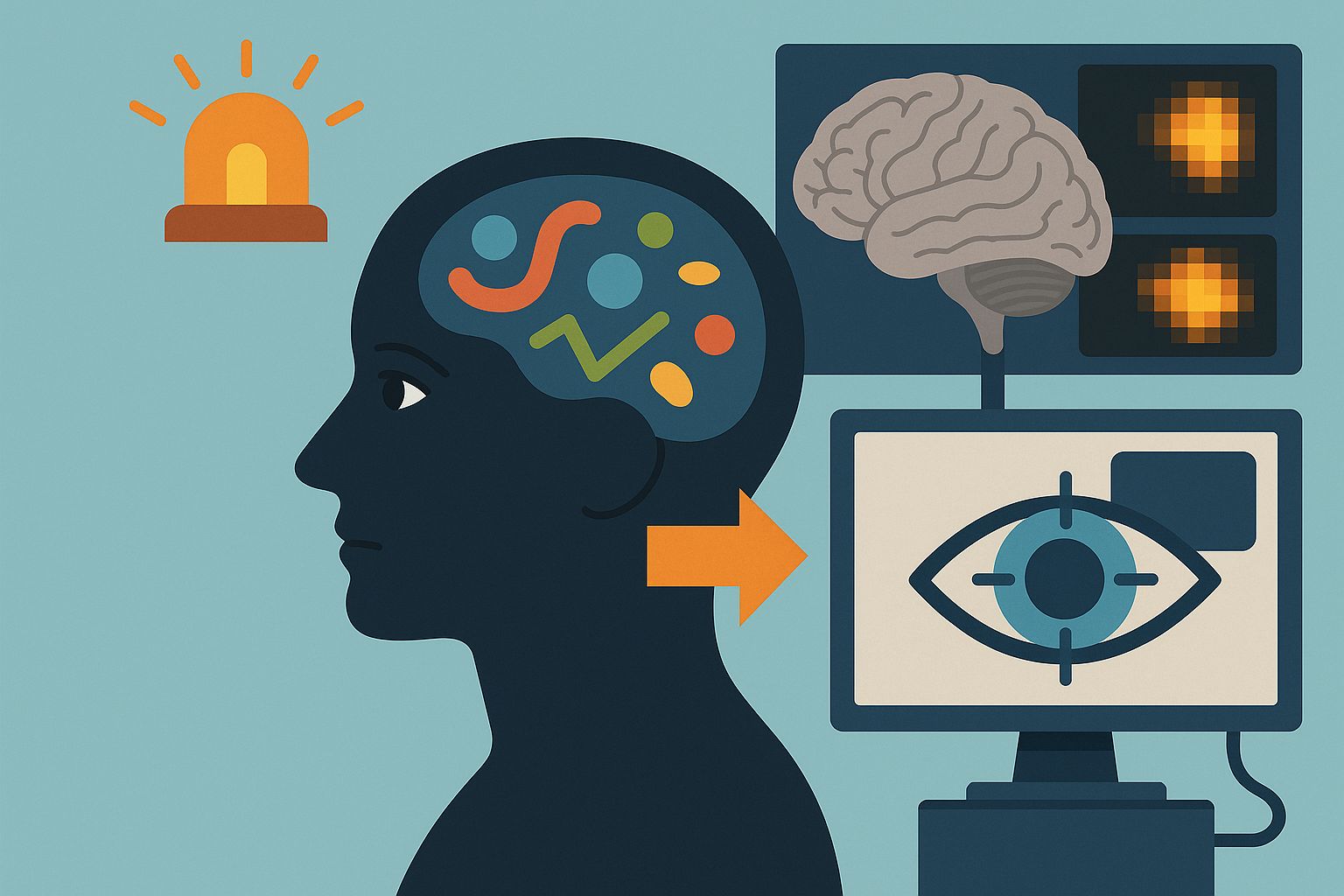Our perception of the world is continuously shaped by internal brain states such as attention, arousal, and alertness. Recent studies, particularly in rodents, highlight arousal as a key modulator of sensory processing.
In our lab, we investigate how internal states, and specifically arousal, influence visual representations in the human brain. Using eye-tracking, fMRI, and computational modeling, we examine how fluctuations in brain state reshape the way visual information is encoded and perceived.

